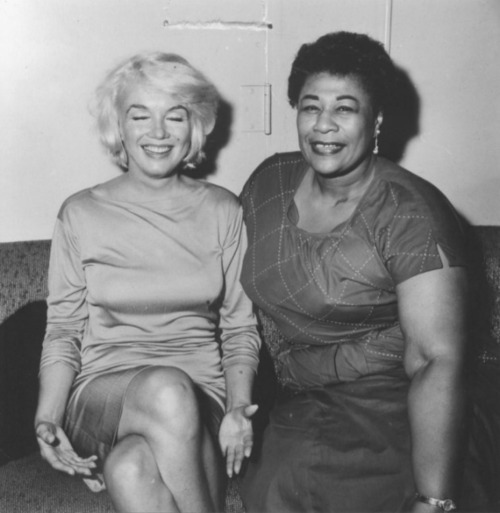Nigger, Negro, Nigga...they all have the same back story and just because it comes out of the mouth of a black man or woman, it doesn't make it less offensive. In all actuality, it is more offensive coming from a black person's mouth because of the struggles that our ancestors endured to earn the right to be identified by more than the color of their skin. Ignorance and an absolute lack of respect for the root of black history is why so many Black people feel that it is "okay" for the word "nigga" to be thrown around amongst one another as if it were an everyday acceptable greeting. Black people are so concerned with being offended by others that we don't take into consideration the disrespect and offense that we blindly bring to one another. Knowledge is power and if we are educated on and really dig into how okay modern America is with throwing around forms of "nigger" we may take a different approach to what we see as acceptable, even amongst ourselves
I chose not to replace the word "nigger" with the commonly quoted "N-word", that so many articles overuse, because it's a real word that offends real people and is still very alive today whether people chose to turn a blind eye to it or not. So let me open some eyes...
Negro Hollow, Negrohead Creek, Negro Spring, Dead Negro Draw, Little Negro Creek... just a few of the 757 cities nationwide that contain the word Negro. While there is a small percentage of these cities that have Spanish influence with a different connotation, the vast majority were cities that originally had the word "nigger" in its name and was later changed in the 60's to make them, seemingly, less offensive.
In order to be more objective, even though this is Black History month, there are more than just cities offensive to Black America. On record, there are: 757 places with the word Negro in the name, 20 places with the word "Dago" (many more have been changed to Italian), 1,100 "Squaws", 30 "Chinamans", 8 "Injuns", 35 "Spooks", 14 "Sambos", 30 "Spades", and too many "Coons" to count. There are also at least 7 "Darkeys". Interestingly enough, what we didn't see listed or on record was any "peckerwood lakes". "Cracker creeks" or "Honkey Hills". Too offensive or unacceptable...possibly?
I won't call it White America, but I will say a very Whitewashed America has allowed and made it okay to have recorded cities, such as those listed above and more, with little to no blow back because of a lack of knowledge and/or a lack of the desire for knowledge. The people choosing to fight for these things to be changed are all too often labeled as radicals and extremists. Because of the negative association with standing up for what is right ignorance becomes a safety net for those that don't want to be labeled too ethnic.
There is so much more that I have to say on this subject, and trust me I will, but I will save that for a later date...Black history is more than a month.
Knowledge is power and ignorance is not bliss, it is simply ignorance. The less you know, the more dangerously you walk through life. Educate yourselves.
"The future belongs to those who prepare for it today..." - Malcom X
References: http://www.factreference.org/GeographicFeatures-Negro.html
http://www.amren.com/news/2012/02/from-negro-creek-to-wop-draw-place-names-offend/


